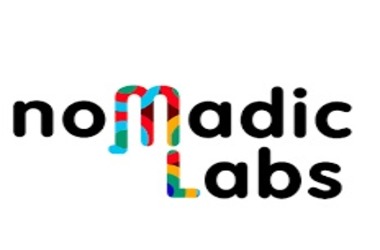
According to the joint statement, Granada is a step forward from the existing protocol. The upgrade is expected to address a number of problems and also offer minor advancements. The company highlighted some of the major changes that would occur as a result of the update in the blog post.
The Granada protocol will replace the Emmy+ consensus mechanism. Nomadic Labs will substitute Emmy with Emmy* when the planned protocol rolls out. Emmy* would reduce the duration between blocks, from 60 seconds to 30 seconds, as per a May 3rd statement from Nomadic Labs. Hence, in comparison to the present consensus algorithm Emmy+, the update will result in speedier finality.
Granada will also affect Liquidity Baking, affecting the possibility of “low-spillage conversion of tez into other currencies and vice versa.” Furthermore, the Granada update will include gas benefits.
Gas usage will be reduced by 2 to 6 times with the updated protocols. As a result of the decreased gas usage, developers will be able to access and use better, more complex, and more entertaining apps on Tezos at lower prices.
The media release stated:
We strongly encourage you to test your own Tezos-based applications to check for compatibility problems with Granada. Granada, and the configuration for its test network Granadanet, are included in version 9.2 of the Tezos node.
RPC and Metadata changes will also occur as a result of the upgrade. Two new feeds have been added to the metadata, and two fields have been removed. Other small upgrades include raising the maximum operation duration to live from 60 to 120 minutes, reconfiguring voting times with cycles, and much more. Nomadic Labs, as well as Marigold, TQ, Tarides, and DaiLambda, discussed another forthcoming update plan.
As per the article, the plan’s name will most likely begin with the letter “H.” Following the successful acceptance of Granada, “H” should be included in Tezos’ ratification process this summer, according to the joint post.
The team expressed their desire to use “H” to launch consensus algorithms in order to provide Tezos the optimum finality. Over the next few months, the group intends to build further enhancements. The joint company plans to create further modifications that improve performance while lowering gas use.
They also want to reduce block times and develop Tezos on a regular basis. As time passes, Nomadic Labs has published a number of improvements. Nomadic Labs previously announced another improvement to the Tezos blockchain in collaboration with Marigold and Dailambda. The Tezos blockchain was updated on February 13th when Edo became online. Over the last two years, Edo has marked a significant improvement to the Tezos blockchain.